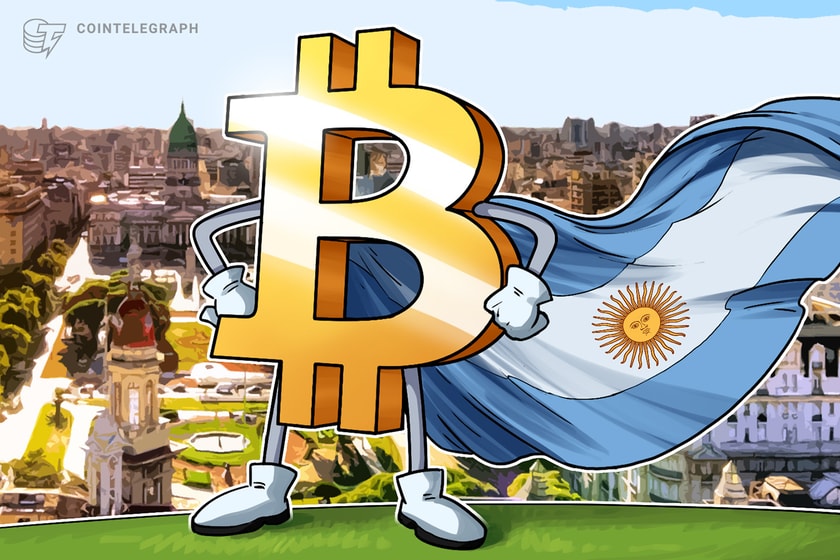HK and Singapore’s mega-rich are eyeing crypto investments: KPMG
Hong Kong and Singapore’s wealthy elite appear to be looking at digital assets with fervor, after a new report from KPMG suggesting over 90% of family offices and high-net-worth individuals (HNWI) are interested in investing in the digital assets space or have already done so.
According to an Oct. 24 report from KPMG China and Aspen Digital titled “Investing in Digital Assets,” as much as 58% of family offices and HNWI of respondents in a recent survey are already investing in digital assets, and 34% “plan to do so.”
The survey took the pulse from 30 family offices and HNWIs in Hong Kong and Singapore with most respondents managing assets between $10 million to $500 million.
KPMG said the large crypto uptake among the ultra-wealthy has increased confidence in the sector, spurred by the increase in “mainstream institutional attention.”
It also noted institutions also have more accessibility to digital asset financial products, including regulated products.
Singapore’s largest bank, DBS, announced in Sept they were expanding crypto services on its digital exchange (DDEx) to approximately 100,000 wealth clients who meet the criteria around their income to be classed as accredited investors, ensuring adherence to the financial authorities’ view that crypto assets are not suitable for retail investors.
While Crypto exchange Coinhako announced in Oct they were among a small number of firms to receive a license from the Monetary Authority of Singapore (MAS) to offer Digital Payment Token services.
However, the allocations remain relatively small, with most allocating less than 5% of their portfolio to digital assets — mainly in Bitcoin (BTC), Ether (ETH) and stablecoins.
Respondents cited market volatility and difficulties in accurate valuation and lack of regulatory clarity on digital assets continue to be a hurdle to investment in the sector.
“As digital assets are fairly new, there is still some uncertainty among FOs and HNWIs about investing in the sector, particularly regarding regulation and valuation,” wrote the report’s authors.
However, KMPG noted that regulatory clarity in the two countries could be changing for the better.
“For example, all virtual asset service providers (VASPs) in Hong Kong will have to apply for a license by March 2024. Singapore is also planning to broaden its cryptocurrency regulations.”
Hong Kong securities regulator recently announced it wants to allow retail investors to invest directly in virtual assets and to reconsider current crypto trading requirements.
Related: Coinbase gains in-principle approval for Singapore crypto license
The Monetary Authority of Singapore (MAS) has been expanding crypto trading for accredited investors and several exchanges receiving preliminary approval to provide Digital Payment Token services in the city-state.
Earlier this month, Anchorage Digital co-founder and president Diogo Mónica said his company has chosen Singapore as a “jump point” into the wider Asia market because the country has a strong regulatory environment.
“It’s about being in a regime that’s friendly towards crypto and that businesses want to do business in. We’re institutional only, institutions are going to Singapore, so we’re following suit.”









